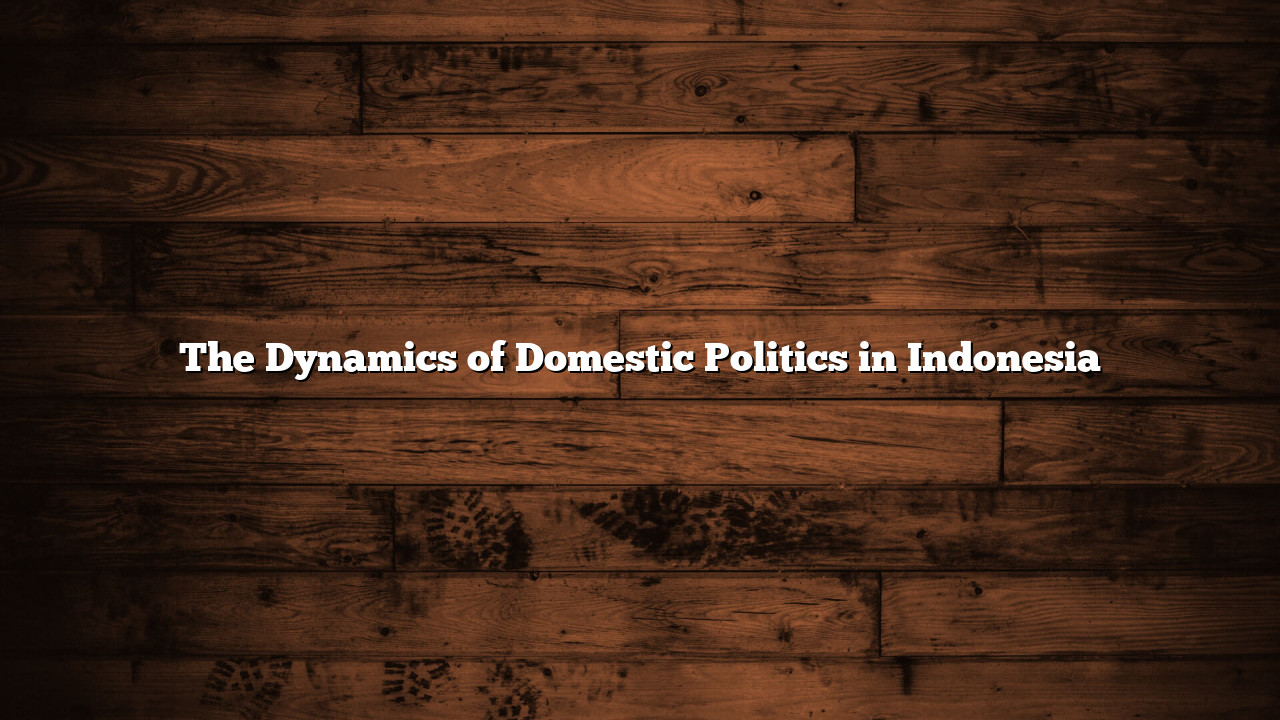Domestic politics in Indonesia continues to be a dynamic and often unpredictable arena, shaped by a combination of democratic principles, cultural diversity, and economic Pattimura4d challenges. Since the fall of the New Order regime in 1998, the country has undergone significant political reforms, transitioning into one of the most vibrant democracies in Southeast Asia. Yet, this transformation has also brought about new complexities in governance, policy-making, and public trust.
One of the defining features of Indonesia’s domestic political scene is its decentralized system. The 2001 decentralization law granted greater autonomy to provincial and district governments, allowing them to manage their own resources and development priorities. While this move has empowered local administrations and encouraged grassroots participation, it has also led to uneven governance quality across regions. Some provinces have thrived, while others have struggled with corruption, inefficiency, and weak institutional capacity.
Elections play a central role in shaping the political landscape. Indonesia holds regular presidential, legislative, and local elections, with active participation from a wide range of political parties. These parties often form coalitions to secure parliamentary support, creating a political environment where consensus-building is necessary but sometimes slow. Campaigns are characterized by intense public engagement, with social media becoming an increasingly powerful tool for political communication and mobilization.
Corruption remains one of the most pressing challenges in domestic politics. Despite efforts by the Corruption Eradication Commission (KPK) to prosecute high-profile cases, public perception of political integrity remains mixed. High-profile scandals involving politicians, business elites, and even law enforcement officials have eroded public confidence in the system. This has prompted calls for stronger enforcement of anti-corruption laws and greater transparency in public administration.
In recent years, identity politics has also played a significant role in shaping political discourse. Religious and ethnic affiliations have, at times, been leveraged by politicians to gain support, sparking debates over national unity and social cohesion. While Indonesia’s state ideology, Pancasila, emphasizes diversity and tolerance, political maneuvering along identity lines poses risks to long-term stability if not carefully managed.
Economic policy is another key battleground in domestic politics. Issues such as job creation, infrastructure development, and social welfare dominate campaign promises. The government’s ability to deliver tangible improvements in these areas often determines public approval ratings. Political stability, in turn, is closely tied to economic performance, making economic management a high-stakes arena for any ruling administration.
Civil society organizations and the media play a critical role in holding the government accountable. Indonesia’s free press environment has allowed journalists to investigate corruption, policy failures, and human rights issues, though challenges remain in protecting press freedom from political pressure. Grassroots activism, particularly among young people, has also influenced policy debates on environmental protection, education, and labor rights.
Looking ahead, Indonesia’s domestic politics will likely continue to evolve in response to global and local pressures. The country faces the dual challenge of maintaining democratic vibrancy while ensuring effective governance. Managing corruption, addressing inequality, and preserving national unity in the face of identity-based politics will remain central themes in the years to come. If these challenges are met with strong leadership and inclusive policymaking, Indonesia can solidify its position as a stable and democratic force in the region.
In conclusion, domestic politics in Indonesia is a complex interplay of democratic institutions, cultural diversity, and socioeconomic priorities. While progress has been made since the reform era, the journey toward a fully transparent, inclusive, and efficient political system is far from over. The future of Indonesia’s democracy will depend on the ability of political leaders, civil society, and the public to work together toward common goals while respecting the country’s rich diversity.
